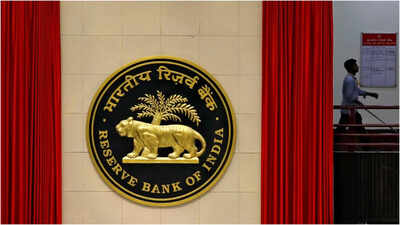- News
- Business News
- India Business News
- ‘Best to separate companies from banking’
Trending
This story is from December 16, 2021
‘Best to separate companies from banking’

“Given that banking is a highly leveraged business dealing with public money, it makes sense to keep industry/business and banking separate,” said RBI deputy governor M Rajeshwar Rao in his speech at the Mint Annual Conclave at Mumbai.
Last year, an internal working group (IWG) had recommended that the RBI consider corporates and corporate group-promoted non-banking finance companies (NBFCs) for bank licences, subject to certain conditions including legal amendments. Based on the report, the RBI last month released the modified rules for bank ownership and said that it had accepted 21 of the 33 recommendations made by the IWG, but remained silent on bank licences to corporate houses.
In his speech, Rao said that this separation (between banks and industries) is expected to avoid spill-over risks — where trouble anywhere in the group entity may result in transferring risks on to the depositors, leading in turn to claims on deposit insurance with subsequent ripple effects cascading across the largely interconnected financial systems, creating concerns around financial stability.
“These issues have been flagged by the IWG also and, therefore, it is necessary that we closely examine the related matters before thinking of permitting large industrial houses or NBFCs owned by such houses to set up any new bank. To conclude, let me just say that the jury is still out on the issue,” said Rao.
Rao said that in the past too suggestions were made on corporates being given bank licences and how they would bring capital, management expertise and strategic direction given their pool of entrepreneurial and managerial talent. “There is also the issue of finding fit and able promoters with deep pockets to set up a large technologically equipped universal bank,” said Rao. He also raised the issue of connected lending and complex web of group structures in large corporates.
End of Article
FOLLOW US ON SOCIAL MEDIA















